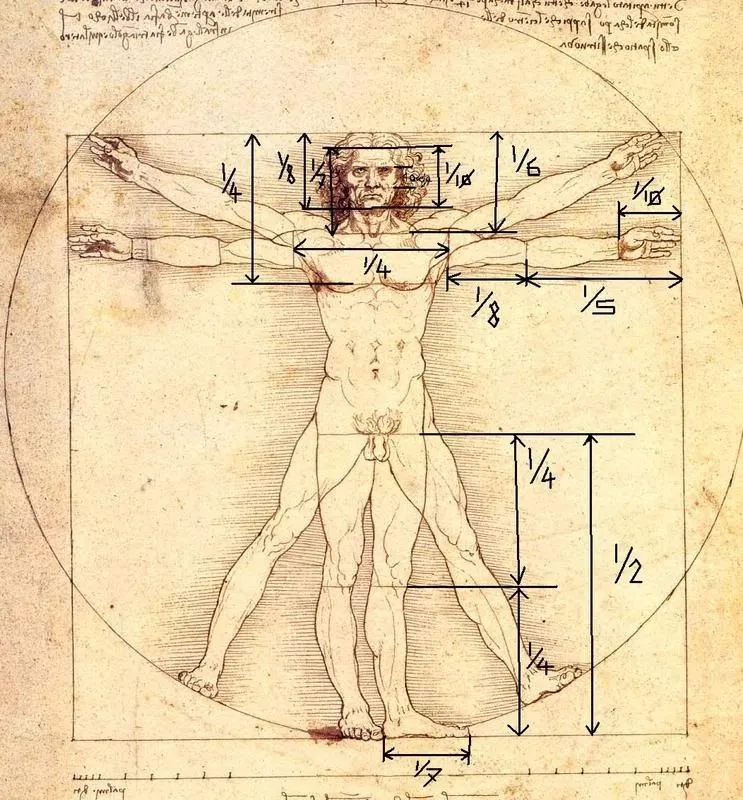The Centers for Disease Control and Prevention (CDC) explain that when timely treatment is not performed to control diabetes, this disease can cause serious health effects on different parts of the human body.
“Nerve damage is a possible complication of having high blood sugar levels for a long time.High blood sugar levels cause nerve damage and they could stop sending messages to different parts of the body.Nerve damage can cause health problems, from mild numbness to pain that hinders normal activities, ”says the entity.
In that sense, nerve damage can cause different effects and cause different pains, depending on the type of affectation that occurs.
Peripheral damage: They affect hands, feet, legs and arms.Symptoms include:
- Pain or greater sensitivity, especially at night.
- Numbness or weakness.
- Serious feet problems, such as ulcers, infections and pain in the bones and joints.
Damage to autonomous nerves: they affect the heart, stomach, bladder, intestines, sexual organs and eyes.The symptoms of this affectation are:
- Bladder problems or intestines that could cause loss of urine, constipation or diarrhea.
- Nausea, loss of appetite and vomiting.
- Changes in the eyes when adjusting to light.
- Reduced sexual response.Problems in men to have erections.In the case of women, vaginal dryness.
- Nausea
Damage to the proximal nerves: affect the nerves of the thighs, hips, legs or buttocks.The symptoms they warn are:
- Intense pain in a hip and a thigh or a buttock.
- Difficulty standing from a sitting position.
- Intense stomach pain.
Focal nerves damage: they affect nerves that are individual.It is frequent in one hand, in the head or in one leg.Its symptoms are:
- Problems to focus the view or have double vision.
- Dolores behind an eye.
- Not being able to move one side of the face (Bell paralysis).
- Numbness or tingling in the hands or fingers.
- Weakness in the hand, too much that can cause things to fall.


